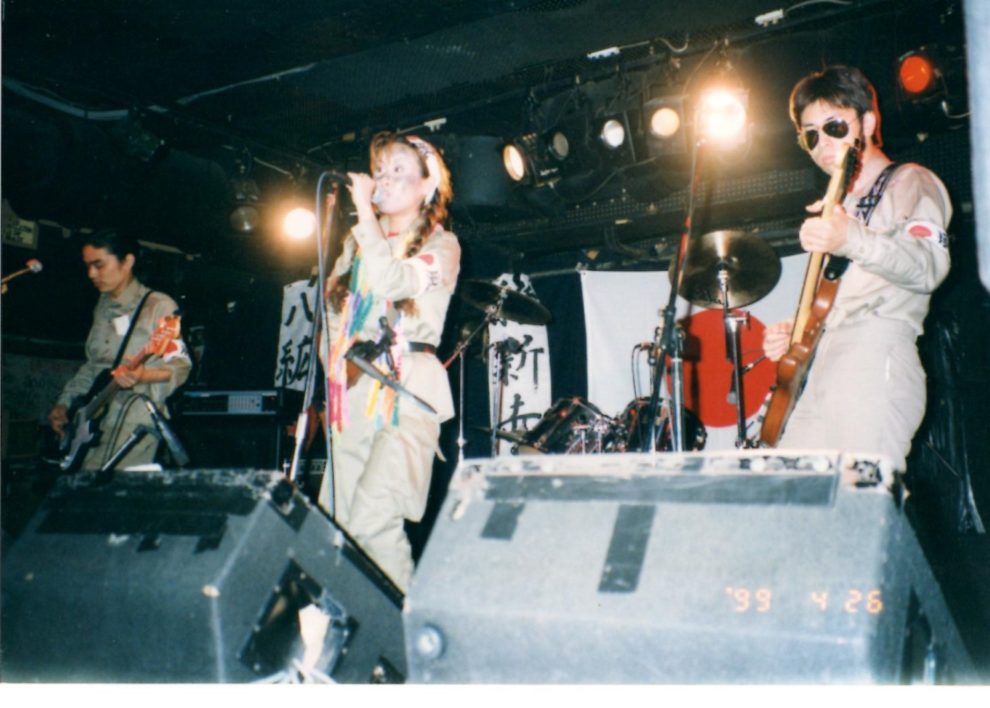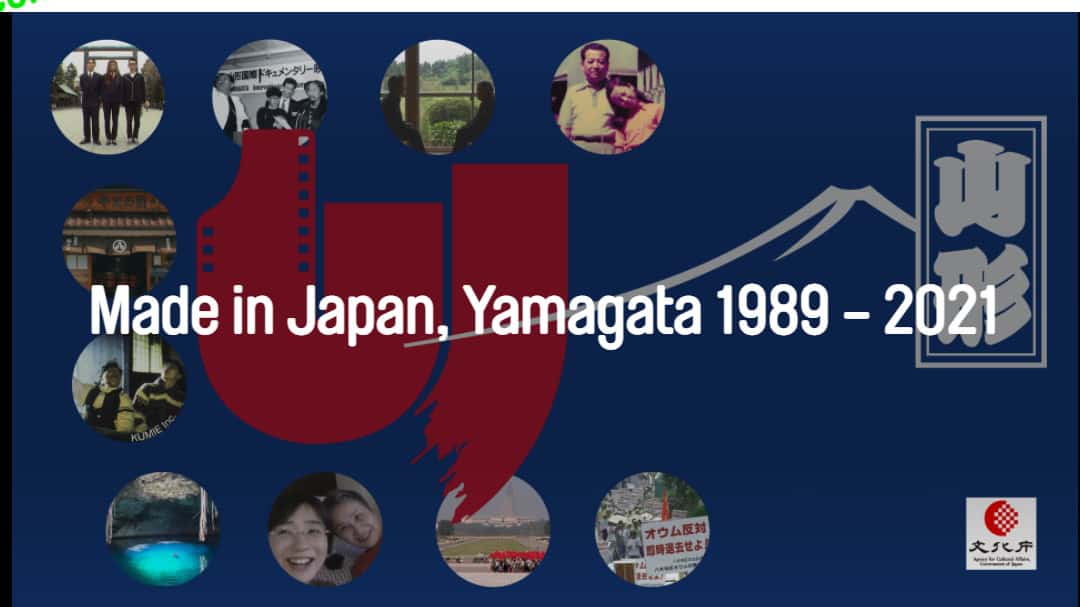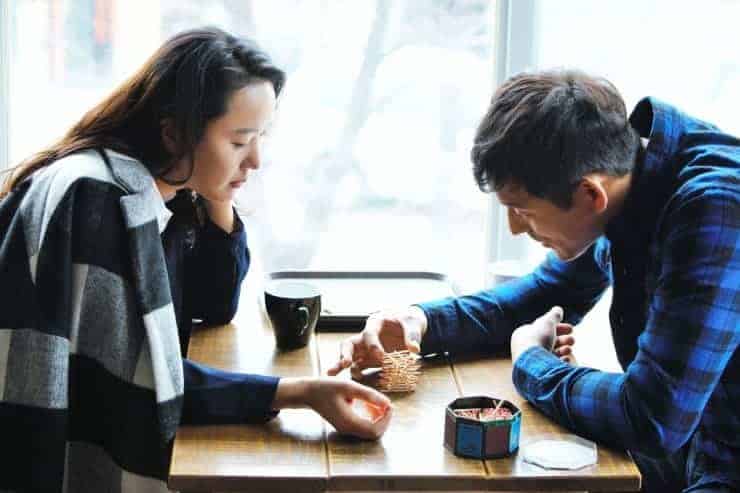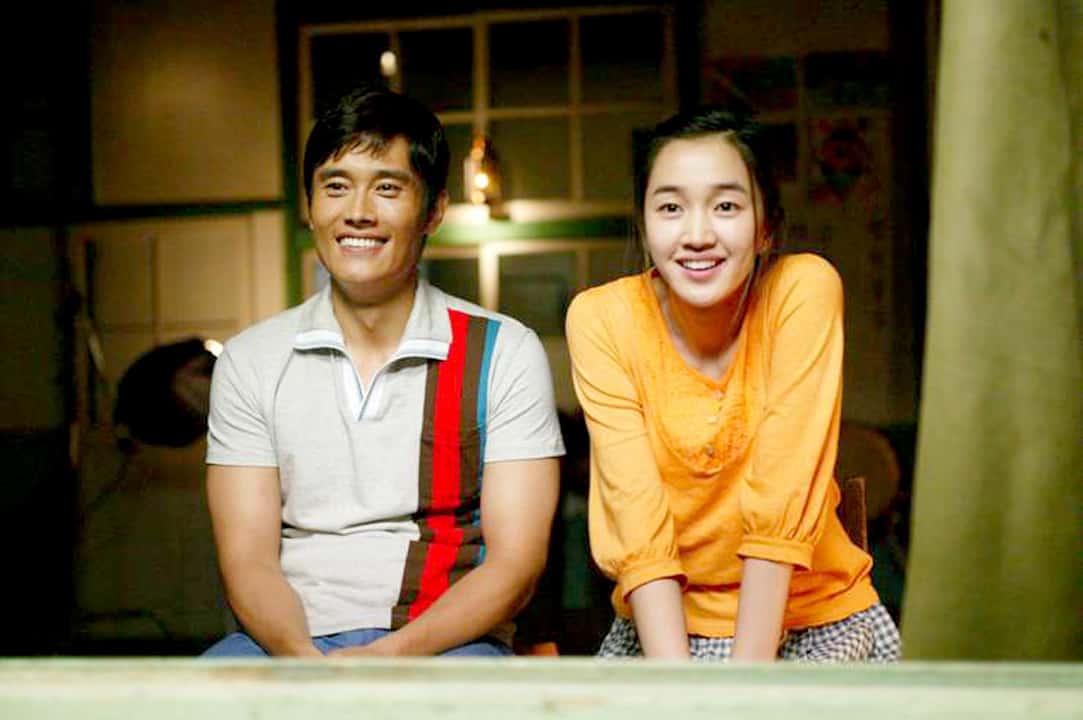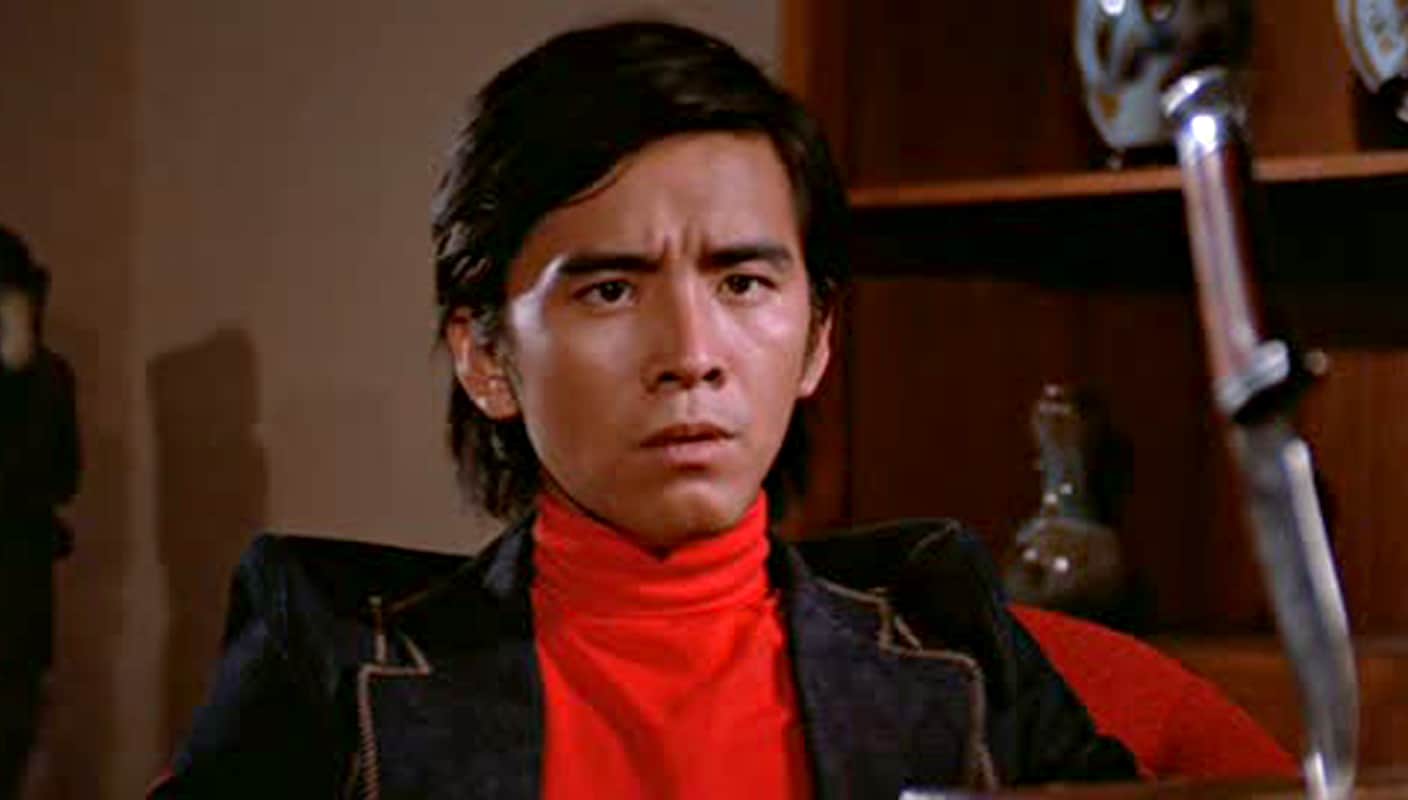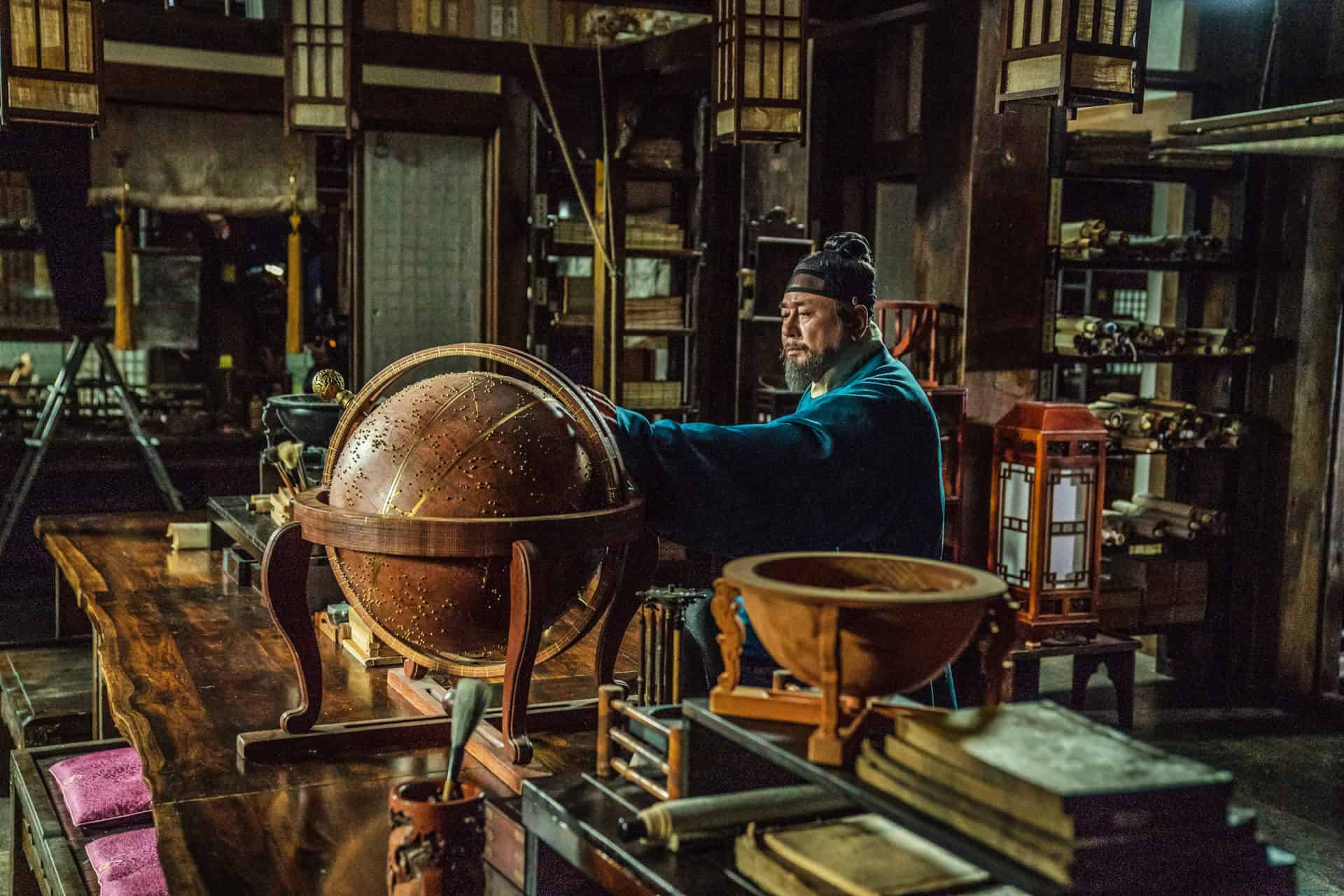“The New God” is a rather unusual documentary, for a number of reasons. Shot on video by Tsuchiya, who is a key member of the Japanese left-wing community, the documentary focuses on two nationalists, Karin Amamiya and Hidehito Itoh, who are also the key members of the ultra-right, hard-core punk band “The Revolutionary Truth”. Tsuchiya handed Amamiya a DV-camera, on which she recorded herself for a little over a month, in a process that allowed her to become much more intimate than anyone, including the director, could expect. Even more surprisingly, Tsuchiya and Amamiya ended up getting married some time after the documentary, in a series of events that had her moving away from Itoh, which actually begun during the documentary.
“The New God” is screening for free at DAFilms as part of the “Made in Japan, Yamagata 1989 – 2021” program
The documentary unfolds in a number of axes. The nationalist, right-wing rhetoric takes a large part as both Amamiya and Itoh elaborate on their political beliefs, including the racism against Americans and their admiration for the pre-WWII Japanese military, occasionally through their songs. A trip Amamiya takes to North Korea, along a former Red Army faction leader, where she records her thoughts in the hotel she is staying, serves as a turning point for her, both as a person, as she really starts to open up after this, and regarding her sociopolitical opinions. The sense of solidarity she experiences while there makes her question Japanese mentality intensely, and particularly the detachment of her fellow citizens from anything political or even social. “The Japanese can't make friends. Only cut their wrists and call sex lines.”, utters at some point, marking her opinion in the most pragmatist way.
Gradually, Amamiya takes over the documentary almost completely, as the discussion about politics (including the Yasukuni Shrine and Japan's relationship with the US, which is actually what occasionally brings rightists and leftists together in their common “hate”) becomes much more personal. In that fashion, she begins explaining the reasons she turned into a Nationalist, which derive from a troubled childhood that involved intense bullying, which eventually led her to a number of failed suicide attempts, and a strong need to be part of something. As we hear her say, “I am searching for a self because I don't have one”, it becomes obvious that this sentence synopsizes her mentality fully. At the same time, her overall appearance, with the dyed-blonde hair and the impressively long and lacquered nails, and her constant effort to take over the narrative, add another level to this portrait, which somehow justifies the reasons for her being a member of a band.
As the documentary progresses, the issues between the two members of the group become even more obvious, with the inclusion of guitarist Umitaro Tanaka, who is actually on a completely different political spectrum as a liberal, being an almost desperate effort to tone them down. His rather different opinion, however, results in the viewer questioning the actual purpose of “The Revolutionary Truth”. The fact that their music remains somewhat lousy, adds another level to this question, particularly because their kicking out of live venues and their failure to make a record contract is revealed as not only having to do with their rhetoric.
Itoh is quickly placed in the background, but his political opinions are also highlighted, while their shared portrait soon ends up revealing that their differences with Tsuchiya are not as significant as one would thought, and that despite the different political space they ended up inhabiting, their starting point is quite similar.
Furthermore, the lack of political will the Japanese exhibit is also highlighted in the documentary, as much as the growing dissatisfaction of many regarding their lives, which occasionally leads into radical paths.


